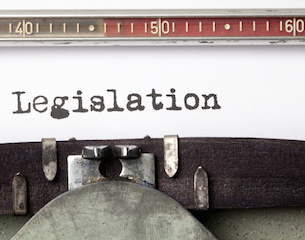
On 6 April 2015, a number of changes to tax and legislation impacting employee benefits came into effect.
The full list of changes are:
Pensions:
- Individuals over the age of 55 now have access to their defined contribution (DC) pension savings in full. Employees can take their savings as cash, enter drawdown or purchase an annuity. The tax-free lump sum of up to 25% of a fund will remain available, with any remaining amount taxed as income.
- The government guidance guarantee service Pension Wise is now in use, members of DC schemes will have access to free and impartial guidance on their approach to retirement.
- Transfers from defined benefit (DB) schemes to DC schemes will continue to be allowed, but will exclude pensions that are already in payment. Transfers from DB to DC schemes will be restricted for members of unfunded public sector schemes, although they may be allowed to transfer in limited circumstances.
- An income tax exemption for payments made for advice on transfers out of DB schemes to DC has also been introduced.
- If an individual dies before the age of 75, they can now pass on their unused DC pension pot free of income tax.
- Beneficiaries of individuals who die under the age of 75 with a joint life or guaranteed annuity can now receive any future payments from such policies free of income tax.
- The basic state pension has increased by £2.95 a week to £115.95.
Individual Savings Accounts (Isa):
- The cash Isa limit increased to £15,240.
- Spouses can now inherit their deceased partner’s Isa benefits tax free.
Income Tax:
- The personal tax allowance has increased to £10,600.
- The higher rate income tax threshold has increased to £42,385.
P11D threshold
- The £8,500 P11D earnings threshold, which can be used to report all tax-efficient benefits, has been removed.
- On 5 April 2015, eligible parents whose child is born on or after 5 April 2015 can now share up to 50 weeks of leave and 37 weeks of pay in the first year of their child’s life. Parents can take the time off at the same time as each other or separately.
National Minimum Wage Regulations:
- These regulations will merge a number of amendments into one single set of regulations as part of the government’s Red Tape Challenge, to make it simpler for businesses to understand their obligations. This is to help increase the clarity of the rules.